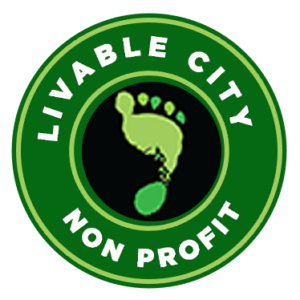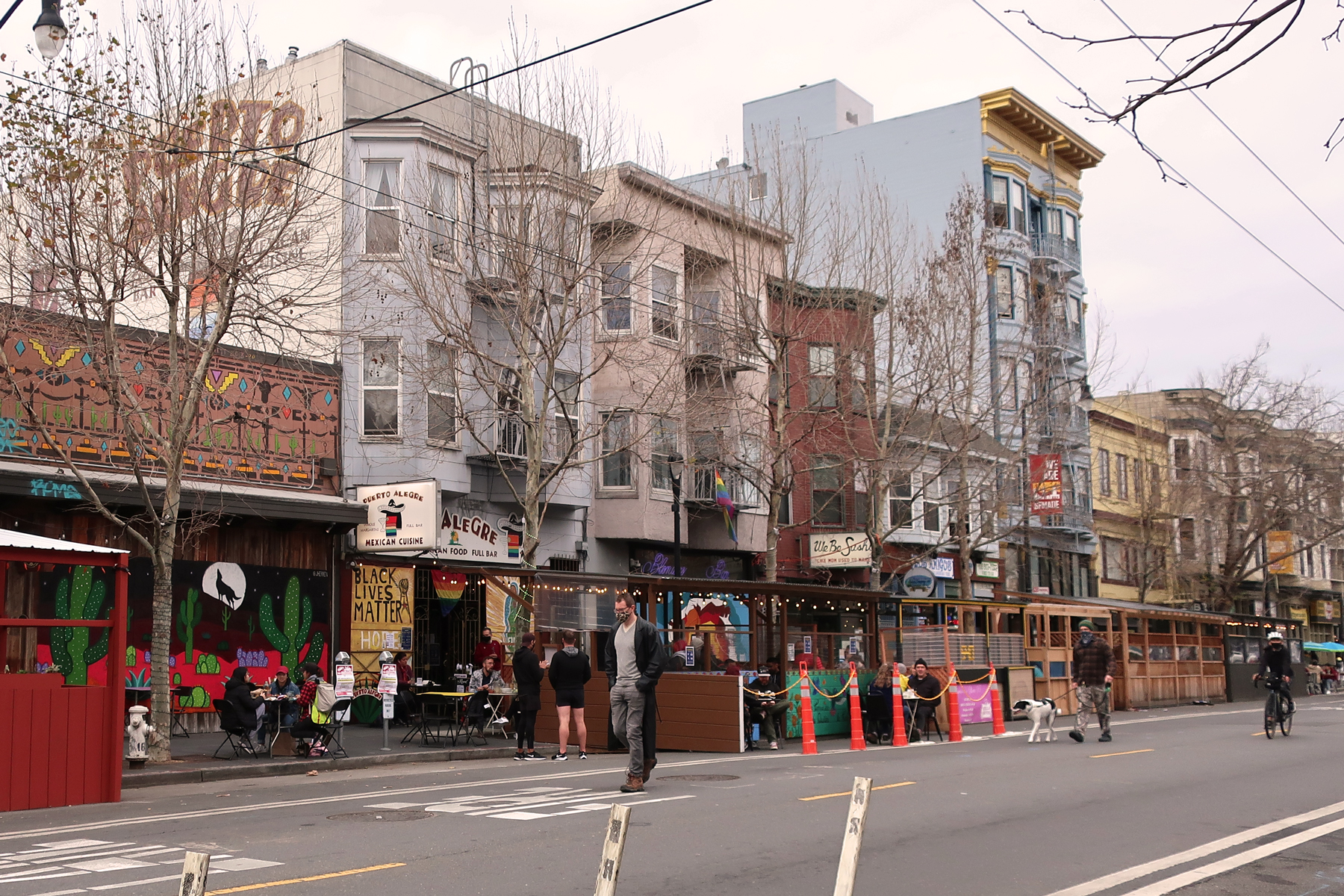On Monday the Board of Supervisors’ Land Use and Transportation Committee will consider legisation to make the City’s Shared Spaces program permanent. It’s your chance to weigh in on the future of Shared Spaces.
San Francisco’s Shared Spaces program helped sustain neighborhood businesses and expand usable public space during the pandemic. Shared spaces include the hundreds of curbside platforms that restaurants and bars built to provide outdoor seating, as well as some regular street closures, like Grant Avenue in Chinatown and Valencia Street in the Mission, which create more room for comfortable strolling and additional space for eating and drinking.
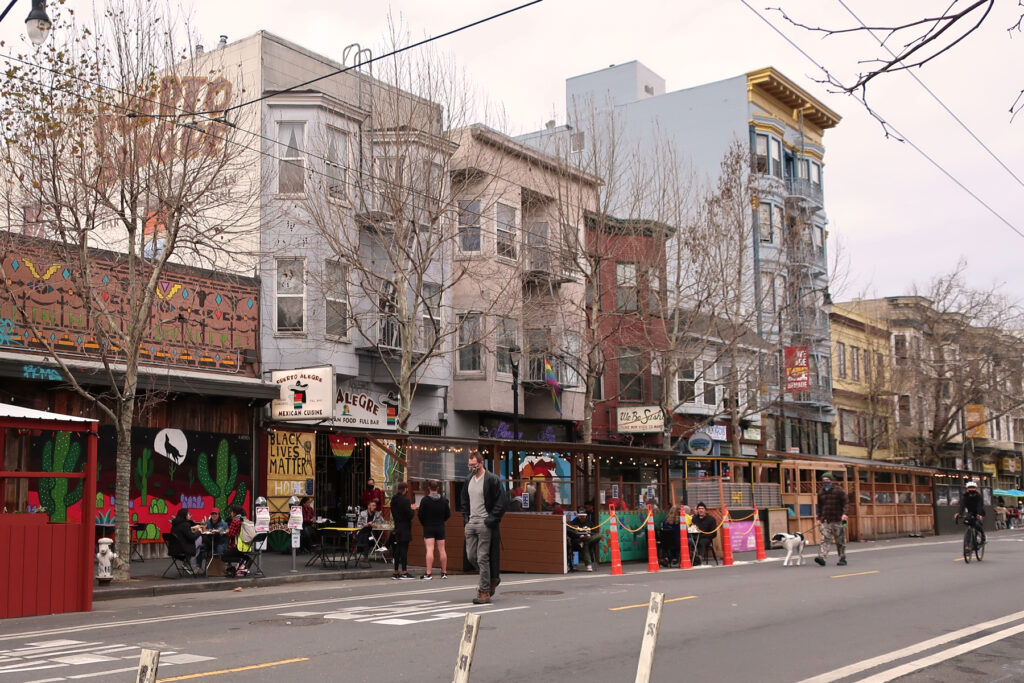
The shared spaces program came about under pandemic emergency orders. Prior to the pandemic the City permitted public parklets in parking spots, and sidewalk tables and chairs for restaurants. Restaurant and bar seating was prohibited in parking spots or in the roadway. San Francisco’s meagre sidewalks provide few opportunities for outdoor dining without compromising walkability, so businesses and the City had to improvise.
The pandemic emergency orders will soon wind down, and the City will have to decide which pandemic innovations to make permanent and establish rules for them. The City has already given small businesses permission to keep their curbside dining areas through the end of 2021. The Board of Supervisors is currently considering legislation to make the Shared Spaces program permanent.
The City’s public parklet program, which was adopted over a decade ago and inspired similar programs around the country, will remain. The City proposes a new commercial parklet program, which would permit businesses to maintain or install parklets at the curb or on the sidewalk that can be used for private dining and drinking. The legistation requires that the parkets be open to the public in daytime hours when the business isn’t open, and each one must a bench or other public seat available at all times.
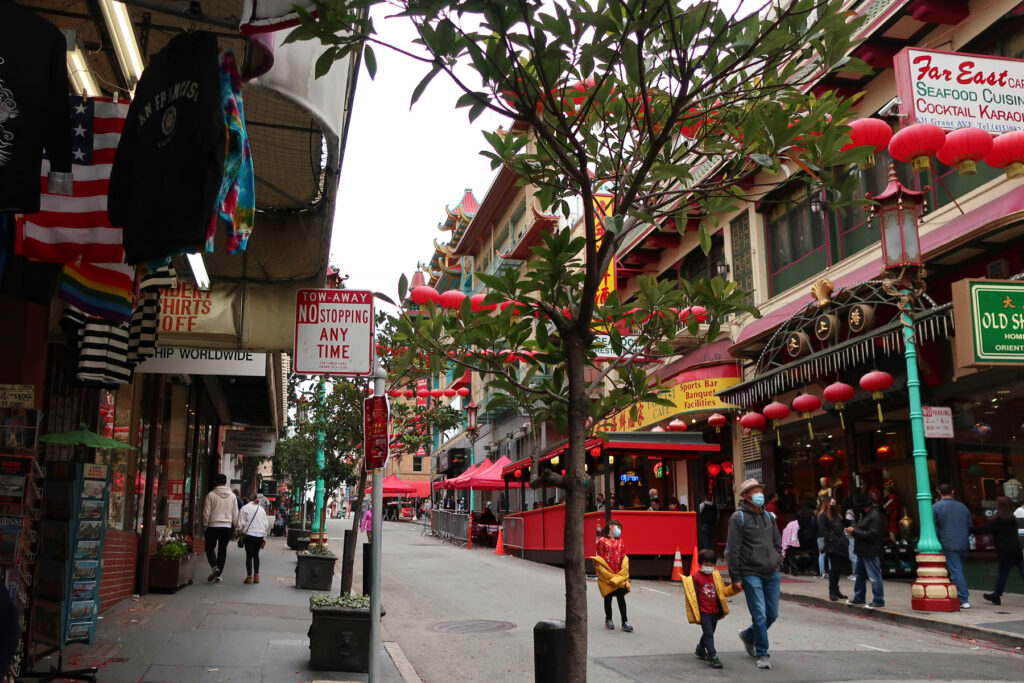
Businesses will be able to create a parklet along their street frontage, or in front of neighboring businesses with the permission of either the adjacent business owner or the property owner. SFMTA reserves the right to restrict parklets to maintain pedestrian safety and access, access for transit and people on bikes, and curbside access for paratransit, loading, and emergency vehicles.
We support making Shared Spaces permanent. San Francisco has too little sidewalk space, and City government lags behind other cities in expanding sidewalks to provide adequate space for walking and community use, including community-serving small businesses. The public parklet program allowed San Franciscans to expand usable public space in the public right of way by converting private car parking to community public space. While less public than a public parklet, commercial parklets do more to enhance public life and sustain neighborhood-serving small business than storing private cars on the street.
We’re also seeking amendments to the legislation to further its public purposes – enable community-based Shared Spaces, expand incentives for public Shared Spaces, and preserve and enhance public sidewalk access. The amendments we’re seeking are summarized here, detailed in our letter to the Mayor and Board of Supervisors.
We’re keen to see the legisation enable and encourage reclaiming public space at the scale of the block and commercial corridor, rather than just business-by-business. San Francisco should encourage collaborative projects, where small businesses and community-based organizations team up to expand sidewalk space for mobility, community, and commerce. Community-based organizations in the Tenderloin are proposing ‘boardwalks’ – block-long sidewalk extensions that calm traffic and expand public space for residents and local businesses. To support community-based, tranformative, pro-social placemaking like this, the legislation should be amended to approve projects at block scale rather than just business-by-business, and reduce fees for projects that provide enhanced public benefits like accessibility, greening and art, and non-commercial community use and pubilc programming. Fees for public parklets should be reduced further, and applications for public parklets should be given priority where curb space is limited.
Open streets, which create regular temporary car-free space on City streets, are another important way to empower community use of the public right-of-way. The Shared Spaces legislation should do more to support community open streets, including reducing fees and giving ISCOTT, the inter-agency committee that approves temporary street closures, a clear mandate to foster community use of streets.
It’s important that the Shared Spaces program preserve sidewalk throughway so people can walk safely and comfortably, including seniors, people with disabilities, parents with strollers. Curbside commercial parklets expand usable sidewalk space and should be encouraged. Sidewalk commercial parklets, which convert existing sidewalk space to private use, should be scrutinized more carefully. No sidewalk parklet should reduce the pedestrian throughway to less than the minimum throughway widths specified in the City’s Better Streets standards or adopted neighborhood streetscape plans. Businesses on narrow sidewalks should instead build curbside parklets, or use the street furnishings zone between the throughway and the curb. Rather than further encroach upon inadequate sidewalks, San Francisco should commit to widening them, as was done on Valencia between 15th and 19th, or on Castro from Market to 19th. Sidewalk-widening projects have proved some of the wisest and most successful public works undertaken by the City. However City agencies typically resist them – and that needs to change.

